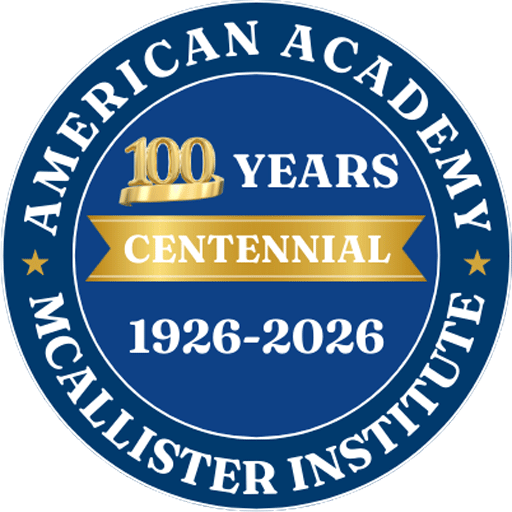
Graduating with a degree in mortuary science represents years of hard work and preparation in the field of funeral services. Yet, the degree is only the first step to becoming a funeral professional. Gaining the skills, compassion, and practical knowledge to excel in a funeral service career may also require additional licensure, experience, and growth.
This guide walks students, recent graduates, and career-changers through the facts of what comes next after graduating in mortuary science, including key takeaways to help you prepare for each step of the way.
Step #1: Complete Required Apprenticeships Or Internships
Apprenticeships and internships may be required after graduation, but the length of required time differs by state. Most require 1-2 years of supervised experience with a licensed funeral services professional. This time is an extension of acquired funeral services education, complete with long hours and the same standards of ethical conduct that will govern them in their full-time positions.
Key Takeaways
- Apprenticeships give graduates practical experience in funeral services
- They help graduates practice technical skills in embalming, counseling, and business
- Relationships with mentors can grow into professional contacts or hiring opportunities
Next Steps
- Contact your school’s career services to find apprenticeships and internships in your state
- Look for industry events and meetings to start making connections
Step #2: Apply For Licensure

Following completion of education and internships, graduates must complete required licensing exams. This starts with the National Board Exam (NBE), which reviews the funeral services curriculum, including funeral service ethics, law, business, embalming, biology, and restorative art.
Licensure requirements vary based on the state and the specific field, with some requiring extra exams or courses. Most states require full licensure, while some, such as Colorado, offer voluntary certifications with fewer qualifications.
Key Takeaways
- The NBE tests general funeral services knowledge but may differ by state
- Licensure tests both professional and personal skills to make sure licensed funeral services professionals are properly prepared
Next Steps
- Research official practice tests to prepare for licensure
- Study consistently by connecting with study groups online or with other graduates
- Look into your school’s course review, tutoring, and license preparation services
Step #3: Choose a Career Path
Funeral services careers include dozens of available fields that graduates can enter with the right preparation, experience, and motivation, including:
- Funeral Direction: These professionals work with families to prepare funeral services while managing the logistical operations of the funeral home.
- Embalming: A professional embalmer uses restorative art and scientific techniques to preserve the remains of the deceased and prepare them for the service.
- Funeral Home Ownership: While directors manage the operations of the funeral home, funeral home owners do this and more, overseeing not only the logistics but also the business side of the funeral home.
- Crematory Operations: Cremation is a growing trend in funeral services, requiring skilled crematorium operators with skill in running the relevant equipment and coordinating the required documentation.
- Grief Counseling: Funeral services education often leads professionals to pursue experience in rendering grief counseling services, as graduates learn to apply their compassion and learning to help families in need.
- Specialization: Many specialized funeral services (such as green burials) have emerged in the last few decades, offering even more opportunities for graduates to find their niche.
Next Steps
- As a graduate, consider the classes you enjoyed the most, as well as the earning potential in different fields
- Research demand for certain fields in the area you plan to work
- Use your school’s job placement assistance programs to find your ideal career position in the funeral services industry
Step #4: Build a Career Development Network

After achieving licensure and choosing a career, funeral services professionals can start building a network of job opportunities and connections. This can include joining funeral services associations, attending conventions, reconnecting with alumni, and remaining open to job advancement and mentorship opportunities.
As your career in funeral services grows, continue looking for opportunities to practice skills, make connections, and further your education. Even after graduation, funeral services professionals can continue to learn and advance in their fields.
Accredited Funeral Service Schools Can Start Your Career The Right Way
AAMI is a premier educational program dedicated to helping students seek stable and rewarding careers in funeral services with a long-standing tradition of career-focused academic experience and post-graduation support.
At AAMI, our courses provide mortuary science students with the technical skills and professional knowledge they need to excel in their new fields. After graduation, we offer alumni programs, continuing education, licensure prep, and other opportunities to help graduates find their chosen fields, excel in their careers, and make the professional connections they need.
Contact our team today to learn how AAMI can help you achieve your ambitions in funeral services and transition from graduate to professional with the right vocational training, on-the-job certification, and assessment preparation.
